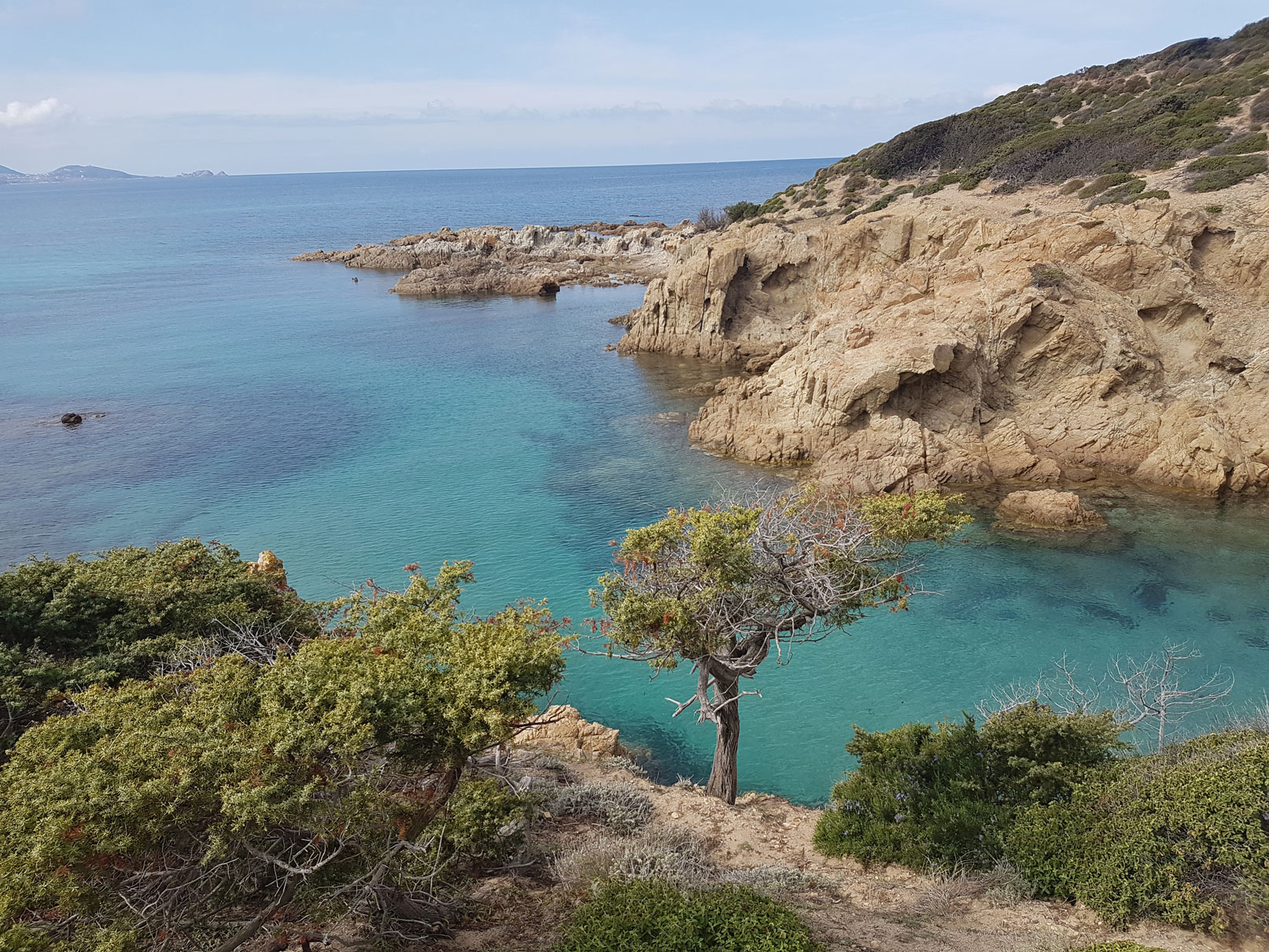
Islands are singular territories characterized by strong isolation, space and resource management constraints and significant seasonal variations in populations. These particular geographical and socio-economic constraints give rise to problems specific to these territories: management of flows and resources (materials, water, energy, waste…), management of uses (tourism, agriculture, fishing…) and preservation of ecosystems (biodiversity, habitats and landscapes…) [1].
The Mediterranean islands are particularly sensitive to plastic pollution, which threatens the health of their ecosystems and affects their tourist attractiveness.
Reducing plastic pollution requires improving the management of locally produced waste and raising awareness among the population and stakeholders. In an island context, waste management has to face several problems: limited space for storage and treatment, high transport and facility construction costs and peaks in waste production due to the influx of tourists in high season. [2].
These constraints are a challenge but also an opportunity for plastic pollution reduction [3]. The isolated and restricted nature of the territory makes it possible to imagine solutions that have an influence on the whole island, focused on a local operation and involving all local stakeholders. It also makes it easier to measure the impact of these solutions in order to verify their effectiveness.
Through its call for projects to reduce plastic pollution on the Mediterranean islands, BeMed seeks to reinforce the efforts already underway in the Mediterranean and to promote the replication of effective actions.
Find out more about the call here

References